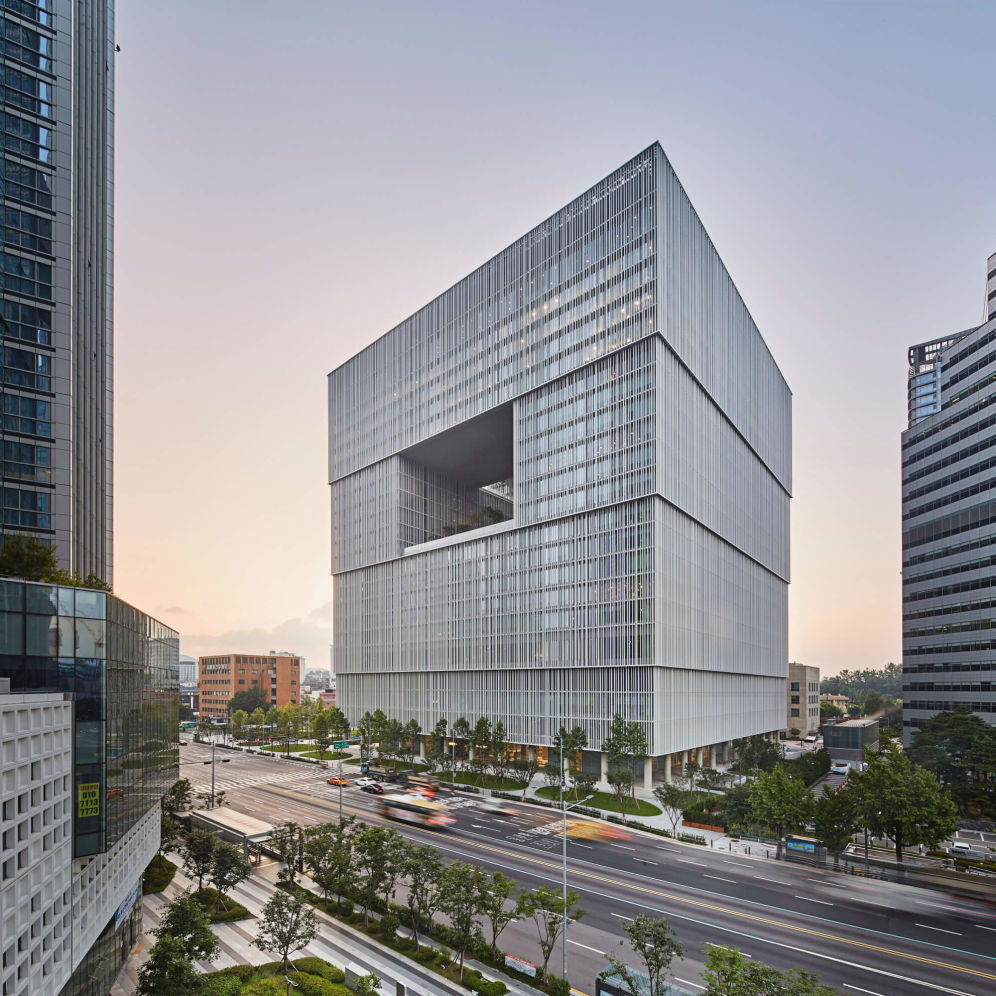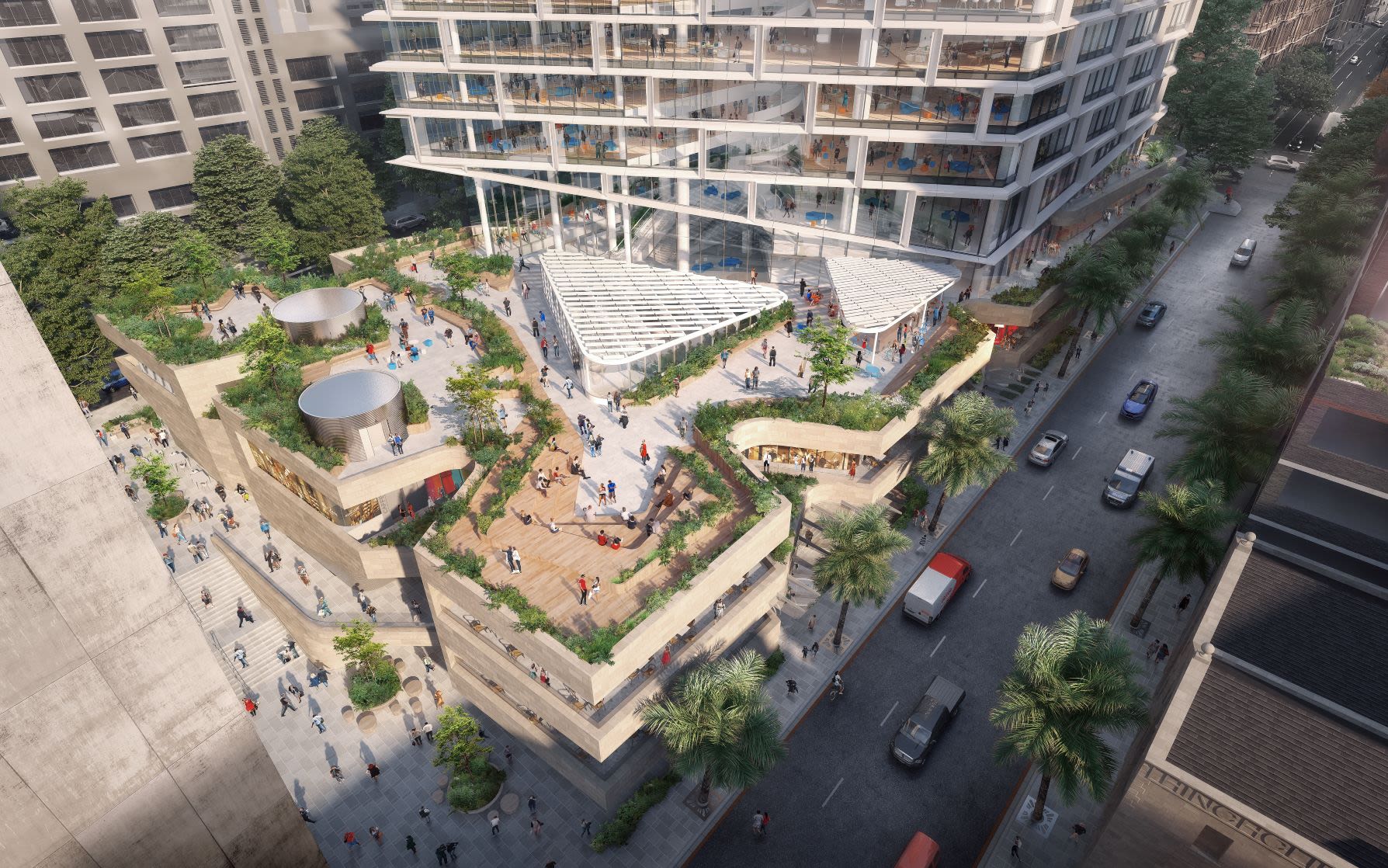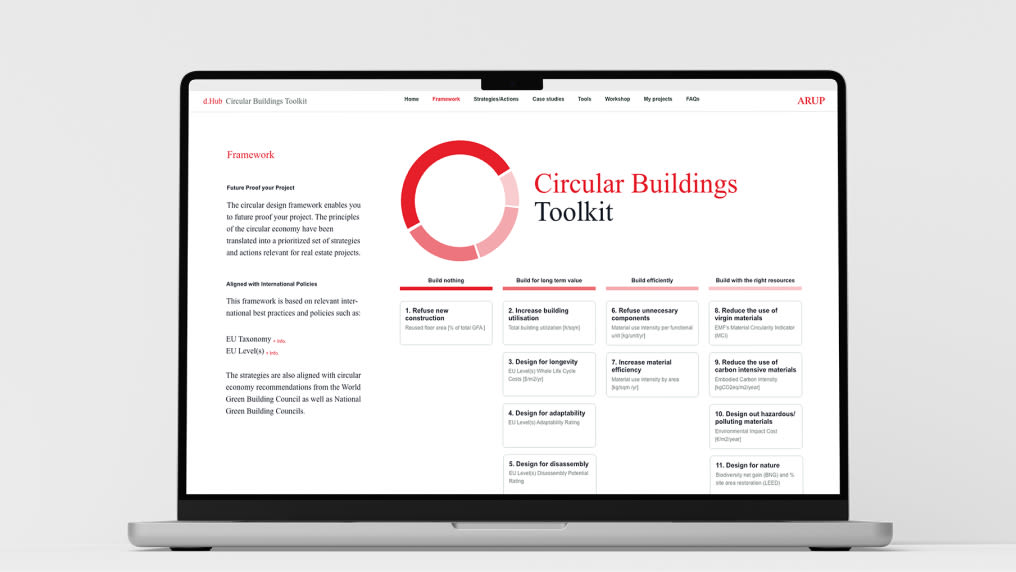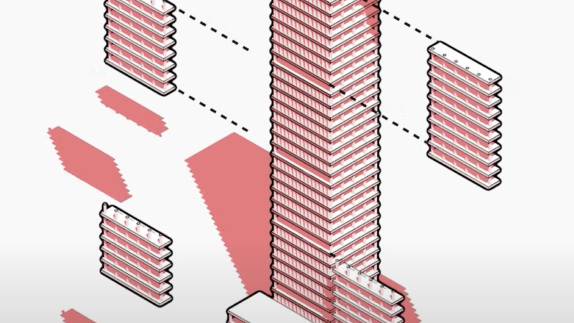Our built environment – made up of the buildings, roads, infrastructure, and other human-made features of our surroundings – uses almost half the materials extracted globally every year and is a significant contributor to greenhouse gas emissions.
A circular economycircular economyA systems solution framework that tackles global challenges like climate change, biodiversity loss, waste, and pollution. It is based on three principles, driven by design: eliminate waste and pollution, circulate products and materials (at their highest value), and regenerate nature. could reduce global CO2 emissions from building materials by 38% in 2050, by reducing demand for steel, aluminium, cement, and plastic. It could also make the sector more resilient to supply chain disruptions and price volatility of raw materials.
By rethinking the way we design our built environment, using new technologies and innovative business models, we can realise more value from existing assets, while keeping resources and building materials in the economy, holding onto their value, and stopping them from becoming waste.
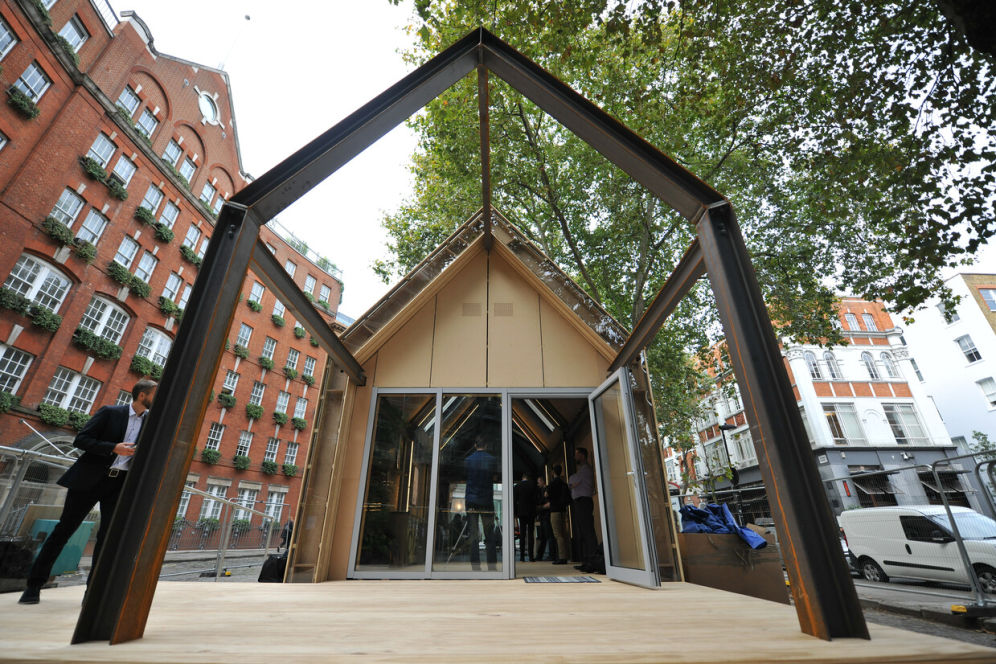
The toolkit has taken the principles of the circular economy and translated them into a prioritised set of strategies and actions relevant for real estate projects. Alongside circular building guidance are real-life examples of how building design and operation can utilise the principles of the circular economy, and case studies from recent projects around the world.
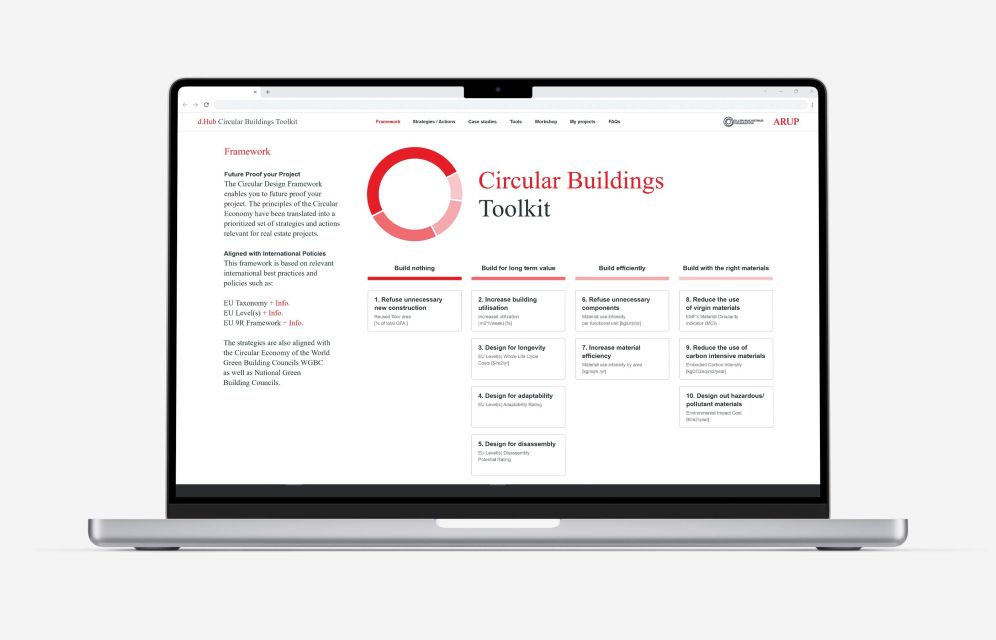
The Circular Buildings Toolkit is free to use and open to all, and will remain a live, constantly updated resource, showcasing practical learnings from the latest circular projects around the world.
The toolkit was launched at an online panel discussion, featuring our CEO, Andrew Morlet, and industry speakers. You can watch the recording here.
